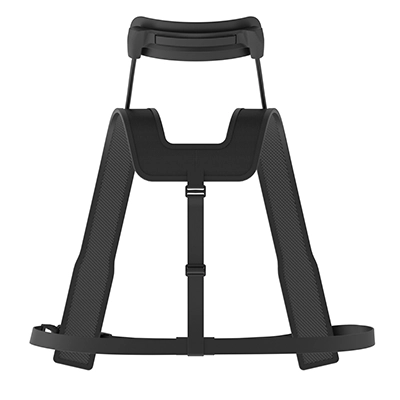More than 30% of workplace accidents are linked to poor posture or repetitive movements, according to EU-OSHA. These...
Your job
- Agriculture professions add remove
- Building trades add remove
-
Logistics professions
add remove
-
Health professions
add remove
- Paramedic
- Medical laboratory technician
- Other trades add remove
Search
Categories
Latest posts

You often hear about the RULA method, but do you know why it's essential for assessing workplace risks?Today, we're...

Today, we want to remind you of the importance of preventing Musculoskeletal Disorders (MSD) and how LEA remains your...

LEA is widely used in France and the rest of the world. More than 30,000 analyses have already been carried out by...

Thanks to over 20,000 LEA analyses carried out in France, we benefit from unprecedented visibility of postural risks...
HAPO SENSOR : First passive exoskeletal data sensor

HAPO SENSOR
FIRST PASSIVE EXOSKELETON DATA SENSOR
CREATED TO PROVIDE REAL-TIME EFFORT ANALYSIS
 |
 |
 |
Scientific proof of effectiveness
The HAPO SENSOR is an innovative smartphone-compatible device designed to accurately assess the intensity and frequency of flexion movements performed by the user. Thanks to measurements based on rigorous scientific methods, this tool offers objective and reliable feedback. This data allows users to better understand the benefits provided by the exoskeleton. They also quantify the weight relief achieved during an activity, providing detailed information on the weight relieved, both in absolute value and in percentage.
CALCULATION OF INTENSITY AND FREQUENCY OF USE
REAL-TIME ANALYSIS ON SMARTPHONE
EDITING AN ANALYSIS REPORT
EASY TO INSTALL
"Most of the time, the advertisements and marketing talk we hear or read are anything but reality. What credibility is there without science-based proof? As a doctor of biomechanics, I need data, evidence to support what has been said, the Hapo sensor has been developed to provide objectivity on both the actual use of passive exoskeletons and the benefits for workers."
Bérenger Le Tellier, Scientific officer
 |
 |
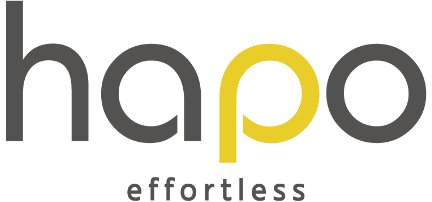
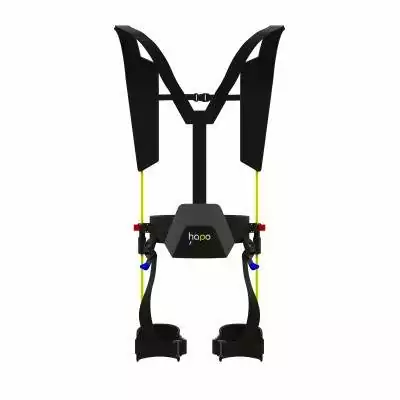
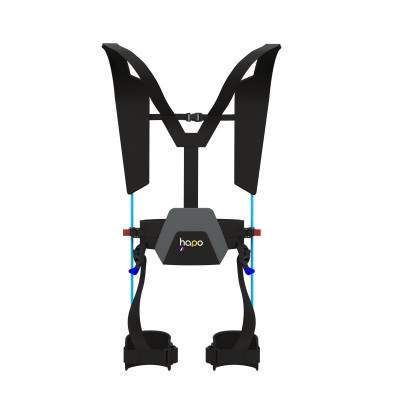
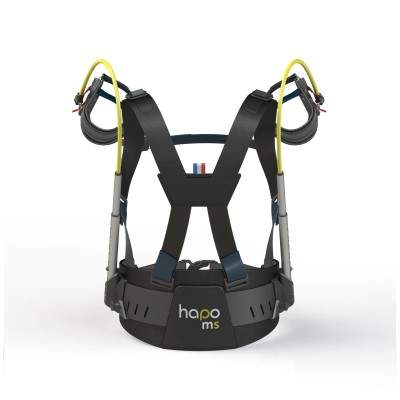
.jpg)
